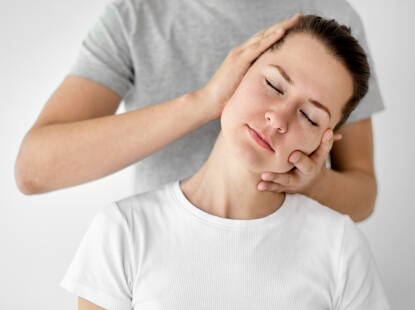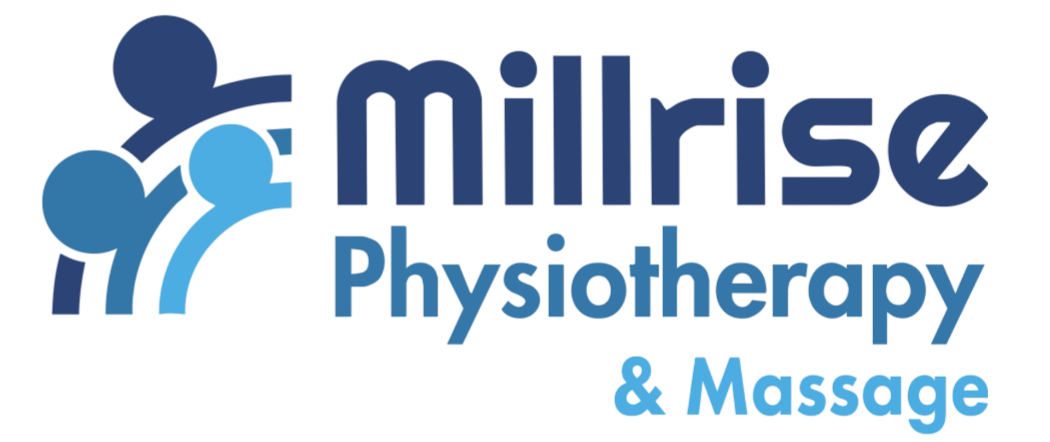Vestibular Physiotherapy
Vestibular Rehabilitation Therapy (VRT) is an exercise-based program created by specialized physiotherapists to improve balance and reduce symptoms related to dizziness and vertigo. People with vestibular disorders often face challenges with dizziness, vertigo, visual disturbances, and imbalance. VRT addresses these issues to enhance mobility and safety.
Individuals with vestibular disorders may also experience secondary symptoms such as nausea, difficulty concentrating, and fatigue. VRT can significantly alleviate these symptoms, helping individuals regain confidence and independence.

Concussion Therapy
Concussion therapy involves a comprehensive treatment plan created by our specially trained physiotherapists. Through a thorough assessment, they develop tailored treatment plans to address each client’s unique symptoms, often resulting from direct impacts to the head, sports injuries, or vehicle accidents. Symptoms of a concussion may include headaches, dizziness, fogginess, nausea, memory issues, light and noise sensitivity, and balance problems. Our therapists guide clients through recovery with a safe, effective approach.
Frequently Asked Questions
How is Dizziness Defined?
Dizziness can manifest in several ways, including:
- Unsteadiness
- Lightheadedness or wooziness
- Sensations of floating, tilting, or whirling
- Vertigo (spinning sensation)
These sensations may occur when standing, lying down, or changing positions, with symptoms lasting from seconds to hours.
What Causes Dizziness?
Dizziness affects over 10 million people annually and is common among older adults but can affect anyone. Often, it’s due to an inner ear disorder, medication side effects, or neck dysfunction, but it may also signal a more serious condition related to the brain or heart.
Who Can Benefit from Vestibular Rehabilitation?
VRT is beneficial for people with dizziness, imbalance, vertigo, Meniere’s syndrome, benign paroxysmal positional vertigo (BPPV), neck-related dizziness, migraines, and other vestibular-related issues. Patients recovering from strokes, brain injuries, or frequent falls are also excellent candidates.
Common Symptoms Improved by Vestibular Rehabilitation.
VRT can help reduce:
- Dizziness or blurry vision with head movement
- Neck pain or stiffness
- Imbalance and fall risk
- Headaches and vertigo
What to Expect at Your Appointment?
During your appointment, a physiotherapist will review your symptoms and medical history. Assessment areas may include:
- Balance and leg strength/flexibility
- Gait analysis (walking pattern)
- Visual stability and mobility
- Neck and arm strength
- Inner ear examination
How Long is a Typical Vestibular Rehabilitation Program?
Most patients attend one to two sessions per week over six to eight weeks, depending on the diagnosis, severity, and response to treatment. Some may need only one or two sessions, while others may require ongoing care.
What Outcomes Can I Expect from Vestibular Rehabilitation?
With the latest techniques and equipment, clients can expect to:
- Decrease dizziness symptoms
- Improve balance and body strength
- Enhance vision stability
- Regain neck motion and reduce symptoms
- Reduce fall risk and restore movement confidence
How Effective is Vestibular Rehabilitation Therapy?
For many, VRT is the only treatment needed. With continued exercise and therapy, balance and dizziness symptoms often decrease or disappear completely.
